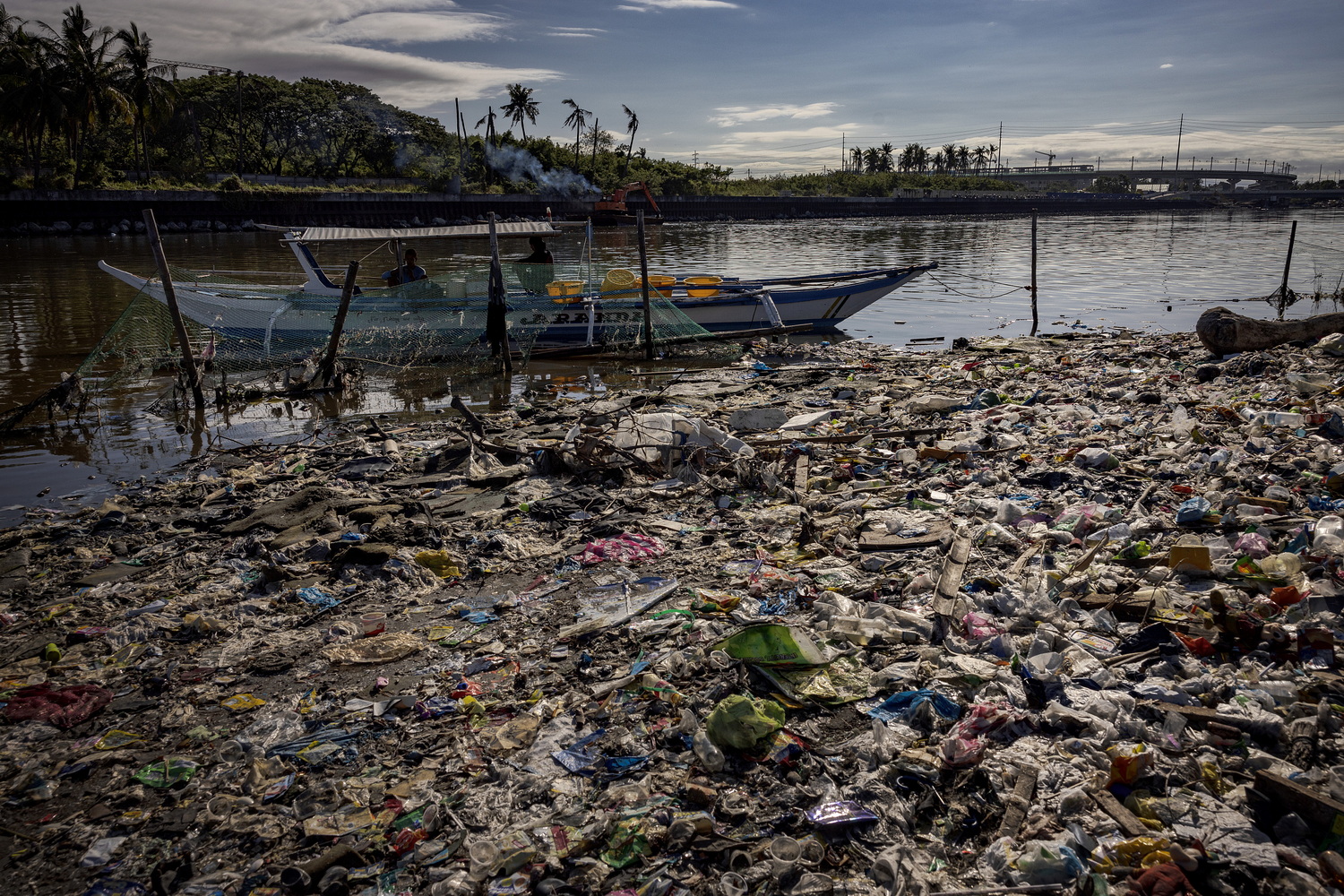The Philippines, an archipelago of more than 7,000 islands, is renowned for its rich marine biodiversity. However, this natural wealth is increasingly threatened by escalating marine pollution. The country’s extensive coastlines, bustling ports, and dense population contribute to a growing environmental crisis that impacts both marine life and human communities.
Plastic Pollution
One of the most pressing issues is plastic pollution. The Philippines is often cited as one of the world’s top contributors to marine plastic waste. According to studies, significant amounts of plastic debris, from microplastics to larger plastic waste, end up in the oceans daily. This plastic waste originates from various sources, including improper waste disposal, lack of adequate recycling facilities, and rampant use of single-use plastics. The impact on marine life is devastating; marine animals ingest plastics, leading to injury, starvation, and death. Furthermore, the breakdown of plastics releases toxic substances into the marine environment, further harming wildlife and entering the food chain.
Industrial and Agricultural Runoff
Industrial and agricultural activities also contribute significantly to marine pollution. Untreated wastewater from factories often contains harmful chemicals and heavy metals, which are discharged into rivers and eventually flow into the sea. Similarly, agricultural runoff, laden with pesticides and fertilizers, leads to nutrient pollution, causing eutrophication. This process results in the overgrowth of algae, depleting oxygen levels in the water and creating dead zones where marine life cannot survive.
Oil Spills and Shipping Activities
The Philippines is a major hub for maritime activities, including shipping and fishing. Consequently, oil spills and discharge of ballast water are notable sources of marine pollution. Oil spills, whether from large-scale accidents or smaller, routine discharges, have catastrophic effects on marine ecosystems. They coat the feathers of seabirds, impairing their ability to fly and regulate body temperature, and suffocate marine organisms by blocking sunlight and depleting oxygen in the water. Furthermore, the introduction of invasive species through ballast water can disrupt local ecosystems, often outcompeting native species and altering habitats.
Waste Management Issues
The lack of effective waste management infrastructure exacerbates the marine pollution problem. Many coastal communities lack access to proper waste disposal facilities, leading to the accumulation of trash in waterways and coastal areas. Open dumpsites near coastal regions contribute significantly to marine litter, as waste is easily carried into the ocean by wind and rain.
Government and Community Initiatives
In response to these challenges, both government and community initiatives are being implemented to mitigate marine pollution. The Philippine government has enacted various laws and regulations aimed at reducing pollution, such as the Ecological Solid Waste Management Act and the Clean Water Act. These laws focus on improving waste management systems, regulating industrial discharges, and promoting the use of environmentally friendly practices.
Community-based efforts, often supported by non-governmental organizations (NGOs), play a crucial role in combating marine pollution. Coastal clean-up drives, awareness campaigns, and local recycling programs are some of the initiatives undertaken to address the issue at the grassroots level. Education and advocacy are also vital in changing public attitudes and behaviors towards waste disposal and environmental conservation.
Conclusion
The state of marine pollution in the Philippines is a complex and multifaceted issue that requires coordinated efforts from the government, private sector, and civil society. While significant challenges remain, ongoing initiatives and increased awareness provide hope for the preservation and restoration of the country’s invaluable marine ecosystems. Combating marine pollution is not only essential for protecting biodiversity but also for ensuring the health and livelihood of millions of Filipinos who depend on the ocean’s resources.

Leave a Reply to 柔信 Cancel reply